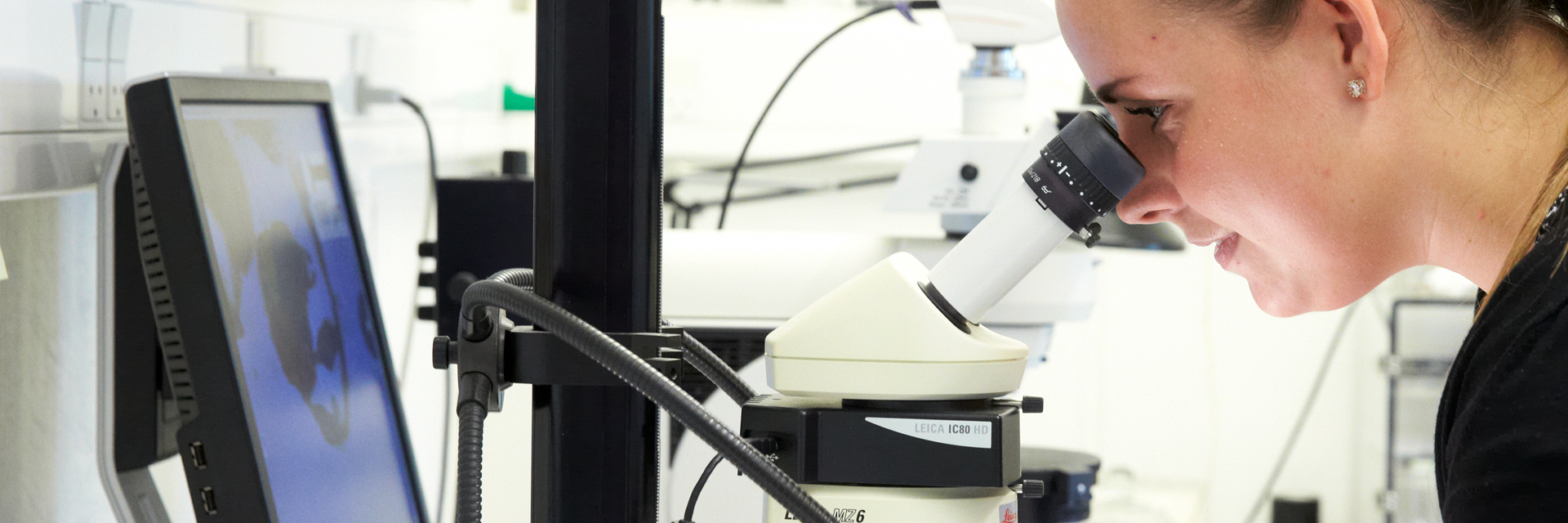Aalborg Portland establishes new pilot plant for carbon capture: Can significantly reduce energy consumption and ensure better CO2 utilisation
NOTE: This press release has been published by Aalborg Portland.
In a new collaboration with a number of research institutions and companies from several parts of Europe, Aalborg Portland is commissioning its second carbon capture pilot plant. The purpose of the project is to test a new technology within CCUS (carbon capture utilisation storage) that can potentially eliminate a significant part of the energy consumption of carbon capture and ensure better utilisation of the captured CO2.
With the construction of another carbon capture pilot plant, Aalborg Portland, part of Cementir Holding Group, is initiating a new collaboration that aims to push the development of CCUS (carbon capture utilisation storage) even further. The collaboration, named ConsenCUS, has a number of leading research institutions and innovative companies on board, and together they aim to develop a new technology within CO2 capture that has the potential to significantly reduce the energy consumption of carbon capture and ensure more efficient utilisation of the captured CO2.
– With the commissioning of the next pilot plant for carbon capture at the factory in Aalborg, we can look forward to gaining even more experience with carbon capture from cement production. Since December 2022, we have been running a pilot project in collaboration with researchers from the Technical University of Denmark (DTU), who are among the world leaders in carbon capture, and we have thus been confirmed that capture from our production is possible and that the potential is significant. Now we are building another pilot plant to test a new technology for CCUS, and we hope to learn even more about our possibilities within carbon capture, says CEO Søren Holm Christensen from Aalborg Portland.
The most widely used technology for carbon capture today requires high temperatures as part of the process, which results in high energy consumption. The purpose of the construction of the new carbon capture plant at Aalborg Portland is therefore to test a new technology that can potentially eliminate large parts of the energy consumption by using an electrochemical method powered by electricity instead of the otherwise necessary high temperatures. The method, which uses only electrical energy, can potentially halve the energy consumption compared to traditional capture methods.
At the same time, the parties behind the plant have had a strong focus on the utilisation of CO2, and the new pilot plant will explore the possibilities of creating a more usable end-product from the captured CO2. The plant can convert the captured CO2 into formic acid, which can be used as a raw material in plastics, etc.
– One of the challenges of carbon capture is that it requires large amounts of energy to drive the process. With this plant, we can potentially eliminate large parts of the energy consumption by utilising a new technology. At the same time, the plant can create a directly usable product on site, which can also streamline some of the processes associated with CO2 capture. We will therefore follow the results and experiences with this CCUS plant very closely, as it definitely holds some interesting perspectives, says Søren Holm Christensen.
The ConsenCUS plant will replace the current carbon capture pilot plant, which was built in collaboration with, among others, DTU with support from Innovation Fund Denmark. Aalborg Portland will thus be the first place where the new carbon capture plant and the associated technology from the ConsenCUS collaboration will be tested on a larger scale. The plant, which can capture up to 2,4 tonne of CO2 per day, is scheduled to be commissioned in November, where it will be tested at Aalborg Portland until March 2024.
Aalborg Portland is committed to reducing its CO2 emissions by 1.6 million tonnes by 2030. The cement group has set a cap on CO2 emissions of 600,000 tonnes in 2030 regardless of activity level, which corresponds to a reduction of 73% of emissions in 2021. Here, carbon capture must play an important role and deliver a CO2 reduction of at least 400,000 tonnes per year by 2030.
The project has received funding from the European Union’s Horizon 2020 research and Innovation programme under grant agreement N° 101022484.
Facts about the ConsenCUS collaboration:
- The ConsenCUS collaboration consists of the following partners: Aalborg Portland, New Energy Coalition, Wetsus – European Centre of Excellence for Sustainable Water Technology, Coval Energy BV, University of Groningen, Research Center for Carbon Solutions at Heriot-Watt University, British Geological Survey, Robert Gordon University, Danish Technological University (DTU), Energy Policy Group, Center for Research and Technology Hellas, STORK/Fluor, Geological Survey of Denmark and Greenland (GEUS), OMV Petrom, Grecian Magnesite, University of Alberta, University of Calgary, Zhejiang University, Danish Gas Technology Centre, INEOS Chemicals and Energinet
- The CCUS method developed under the auspices of ConsenCUS can potentially halve the energy consumption compared to traditional capture methods
- The method involves “washing” the CO2 flue gas with liquid potassium hydroxide. This binds the CO2 to the liquid
- The CO2-containing liquid is then fed into an “electrochemical trap/regenerator” where power is applied to the liquid. Thus, CO2 is cleaved from the liquid, and the two elements can then be separated.
- CO2 is subsequently sent into a new electrochemical cell, where CO2 is converted into formic acid.
- This project has received funding from the European Union’s Horizon 2020 research and Innovation programme under grant agreement N° 101022484.
